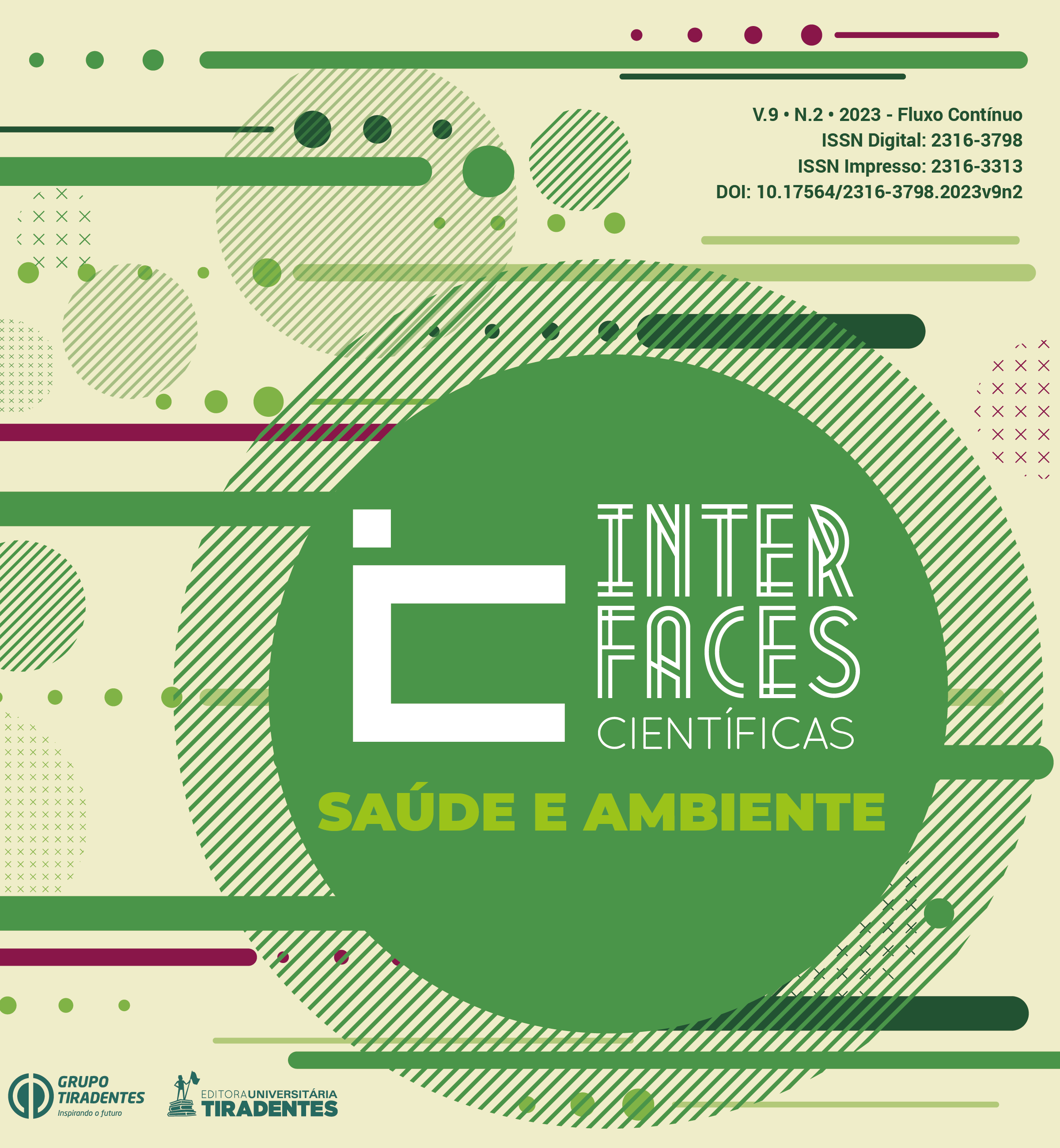IMPACT OF AN EXTENSION ACTION ABOUT BIOSECURITY MEASURES IN A JUNIOR HIGH SCHOOL
DOI:
https://doi.org/10.17564/2316-3798.2023v9n2p353-366Published
Downloads
Downloads
Issue
Section
License
Copyright (c) 2023 Interfaces Científicas - Saúde e Ambiente

This work is licensed under a Creative Commons Attribution-NonCommercial 4.0 International License.
Autores que publicam nesta revista concordam com os seguintes termos:
a. Autores mantêm os direitos autorais e concedem à revista o direito de primeira publicação, com o trabalho simultaneamente licenciado sob a Licença Creative Commons Attribution que permite o compartilhamento do trabalho com reconhecimento da autoria e publicação inicial nesta revista.
b. Autores têm permissão e são estimulados a distribuir seu trabalho on-line (ex.: em repositórios institucionais ou na sua página pessoal), já que isso pode gerar aumento o impacto e a citação do trabalho publicado (Veja O Efeito do Acesso Livre).
Abstract
Biosecurity practices refer to life protection, aiming to create barriers between individuals and pathological agents found in the environment. However, this protection just is possible when the biosecurity measures are adopted correctly. In this context, this study reports the impact of an extension action focused on informing and making aware about appropriate hand hygiene, the use of 70% ethyl alcohol (w/w), and the correct use of masks for Junior high school students. The action occurred in September 2021, during the pandemic caused by SARS-CoV-2 virus, with students from 6th and 7th classes of Junior high school of a school of Guarapuava-PR city. The impact of the health education action was measured through the application of pre- and post-action questionnaires. Based on the results obtained, it was observed that the students already knew about the need to use soap for hand hygiene, washed cloth masks daily, and used them during recess. Notably, the realization of action implied in the elucidating of the correct time for hand washing, the percentage for ethyl alcohol to be effective as an antiseptic agent, the identification of the different types of masks available, and the maximum time for their use. Therefore, it is concluded that this health education action was effective in aggregating knowledge and making aware to students about biosecurity measures, essential in infectious diseases combat.




















